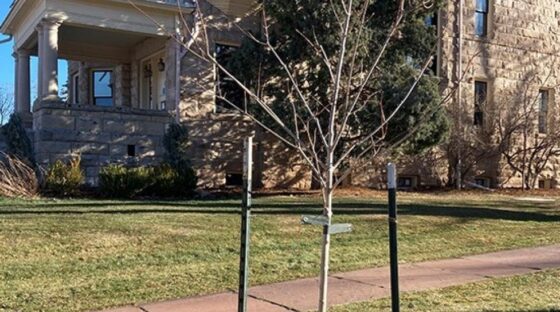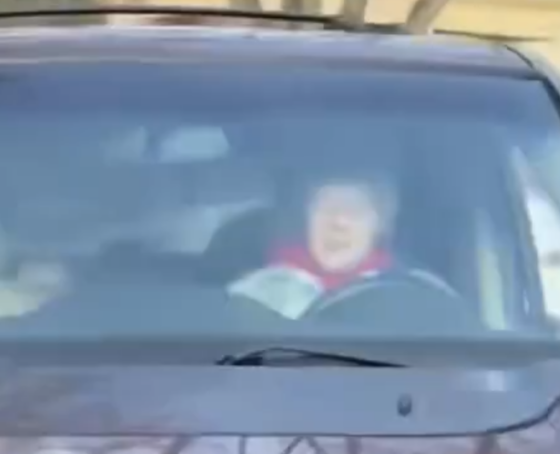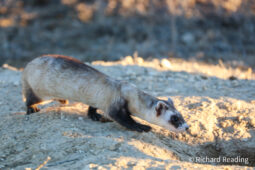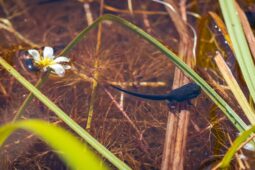 How big is the universe – not just in the scale of distance but also the scale of time? What do those…astronomical…scales mean about us humans on Earth and how can we understand and measure such vast expanses? In this episode, our guest, astronomer and author Dr. Jeff Bennett, helps us wrap our minds around these ideas as we discuss his book The Scale of the Universe. We look back at the Big Bang, the possibility of the existence and meeting aliens, and when events such as the formation of our solar system, the appearance and demise of the dinosaurs, and the evolution of humans fit into the “Cosmic Calendar”.
How big is the universe – not just in the scale of distance but also the scale of time? What do those…astronomical…scales mean about us humans on Earth and how can we understand and measure such vast expanses? In this episode, our guest, astronomer and author Dr. Jeff Bennett, helps us wrap our minds around these ideas as we discuss his book The Scale of the Universe. We look back at the Big Bang, the possibility of the existence and meeting aliens, and when events such as the formation of our solar system, the appearance and demise of the dinosaurs, and the evolution of humans fit into the “Cosmic Calendar”.
Host: Joel Parker
Show Producer/Engineer: Joel Parker
Executive Producer: Beth Bennett
Listen to the show:
Podcast: Play in new window | Download (Duration: 27:25 — 37.6MB)
Subscribe: RSS



 On this week’s How on Earth, we hear from a climate scientist about the implications of our changing weather patterns for winter recreation. It’s a warm, dry winter, throughout the Rocky Mountain West and elsewhere in the country, the weather has been a mixed bag.
On this week’s How on Earth, we hear from a climate scientist about the implications of our changing weather patterns for winter recreation. It’s a warm, dry winter, throughout the Rocky Mountain West and elsewhere in the country, the weather has been a mixed bag. 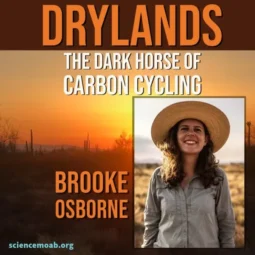

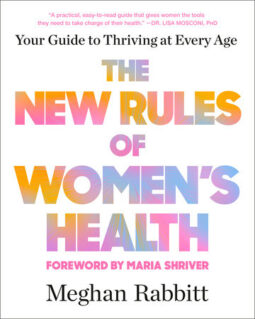 New Rules of Women’s Health (start time: 6:26) If you’re female, you may have come of age reading the landmark feminist health book Our Bodies, Ourselves. Originally published in the 1970s, it yielded several revised editions up to 2011. Well, get ready for an even more comprehensive tome. It’s called
New Rules of Women’s Health (start time: 6:26) If you’re female, you may have come of age reading the landmark feminist health book Our Bodies, Ourselves. Originally published in the 1970s, it yielded several revised editions up to 2011. Well, get ready for an even more comprehensive tome. It’s called  On today’s science show we hear from vaccine researchers Rochelle Walensky and Angela Ulrich, and physician/scientist Peyton Thompson, about the safety and efficacy of the hepatitis B vaccine. This is one of 6 that have been removed from the list of recommended childhood vaccines by the CDC. You’ll hear about the history of the vaccine regarding its complete safety and the huge reduction in disease burden following the adoption of the birth vaccine.
On today’s science show we hear from vaccine researchers Rochelle Walensky and Angela Ulrich, and physician/scientist Peyton Thompson, about the safety and efficacy of the hepatitis B vaccine. This is one of 6 that have been removed from the list of recommended childhood vaccines by the CDC. You’ll hear about the history of the vaccine regarding its complete safety and the huge reduction in disease burden following the adoption of the birth vaccine.